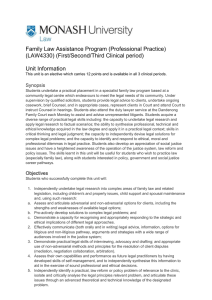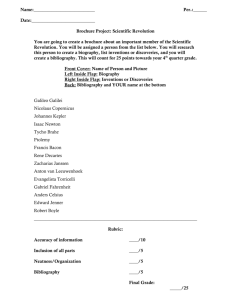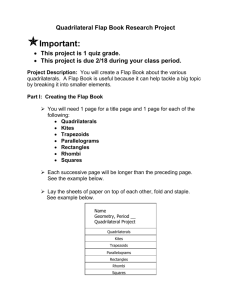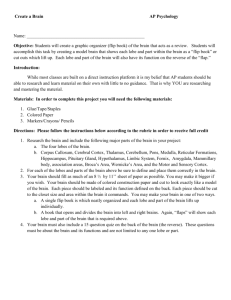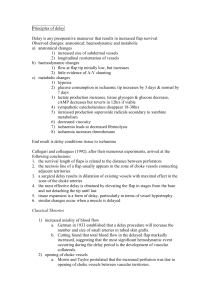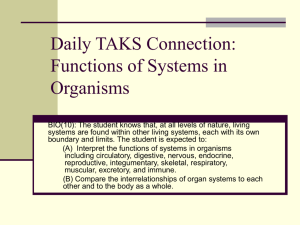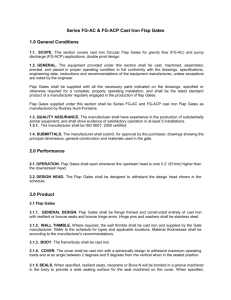The Honorable NAME OF SENATOR ### ______Senate Office
advertisement
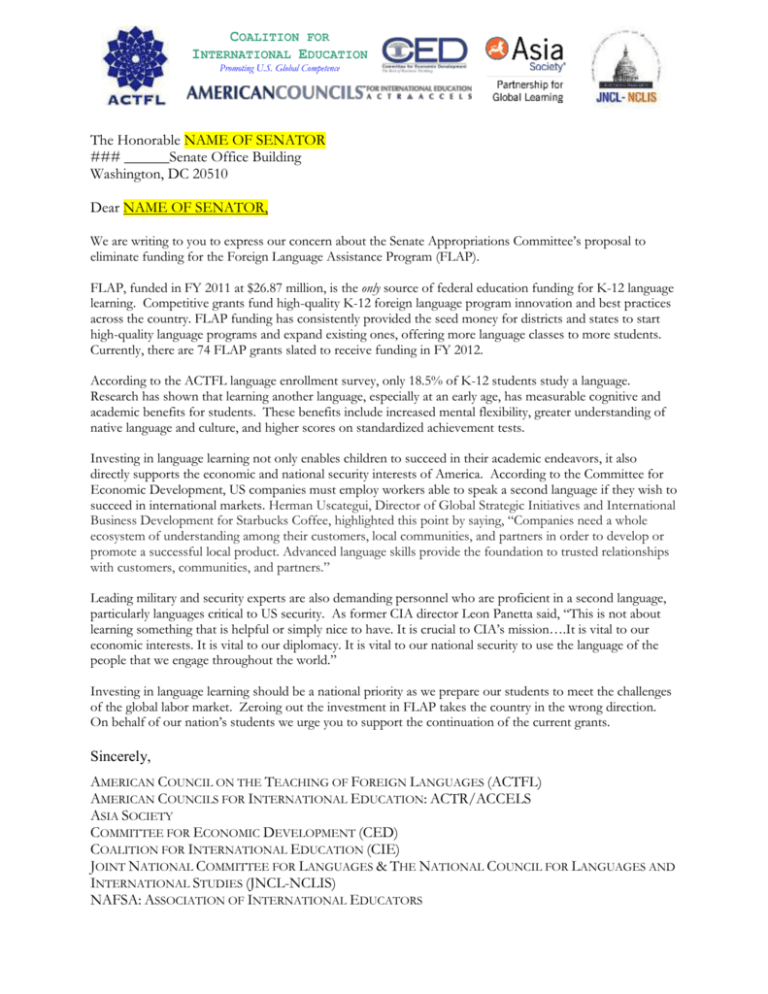
COALITION FOR INTERNATIONAL EDUCATION Promoting U.S. Global Competence The Honorable NAME OF SENATOR ### ______Senate Office Building Washington, DC 20510 Dear NAME OF SENATOR, We are writing to you to express our concern about the Senate Appropriations Committee’s proposal to eliminate funding for the Foreign Language Assistance Program (FLAP). FLAP, funded in FY 2011 at $26.87 million, is the only source of federal education funding for K-12 language learning. Competitive grants fund high-quality K-12 foreign language program innovation and best practices across the country. FLAP funding has consistently provided the seed money for districts and states to start high-quality language programs and expand existing ones, offering more language classes to more students. Currently, there are 74 FLAP grants slated to receive funding in FY 2012. According to the ACTFL language enrollment survey, only 18.5% of K-12 students study a language. Research has shown that learning another language, especially at an early age, has measurable cognitive and academic benefits for students. These benefits include increased mental flexibility, greater understanding of native language and culture, and higher scores on standardized achievement tests. Investing in language learning not only enables children to succeed in their academic endeavors, it also directly supports the economic and national security interests of America. According to the Committee for Economic Development, US companies must employ workers able to speak a second language if they wish to succeed in international markets. Herman Uscategui, Director of Global Strategic Initiatives and International Business Development for Starbucks Coffee, highlighted this point by saying, “Companies need a whole ecosystem of understanding among their customers, local communities, and partners in order to develop or promote a successful local product. Advanced language skills provide the foundation to trusted relationships with customers, communities, and partners.” Leading military and security experts are also demanding personnel who are proficient in a second language, particularly languages critical to US security. As former CIA director Leon Panetta said, “This is not about learning something that is helpful or simply nice to have. It is crucial to CIA’s mission….It is vital to our economic interests. It is vital to our diplomacy. It is vital to our national security to use the language of the people that we engage throughout the world.” Investing in language learning should be a national priority as we prepare our students to meet the challenges of the global labor market. Zeroing out the investment in FLAP takes the country in the wrong direction. On behalf of our nation’s students we urge you to support the continuation of the current grants. Sincerely, AMERICAN COUNCIL ON THE TEACHING OF FOREIGN LANGUAGES (ACTFL) AMERICAN COUNCILS FOR INTERNATIONAL EDUCATION: ACTR/ACCELS ASIA SOCIETY COMMITTEE FOR ECONOMIC DEVELOPMENT (CED) COALITION FOR INTERNATIONAL EDUCATION (CIE) JOINT NATIONAL COMMITTEE FOR LANGUAGES & THE NATIONAL COUNCIL FOR LANGUAGES AND INTERNATIONAL STUDIES (JNCL-NCLIS) NAFSA: ASSOCIATION OF INTERNATIONAL EDUCATORS





